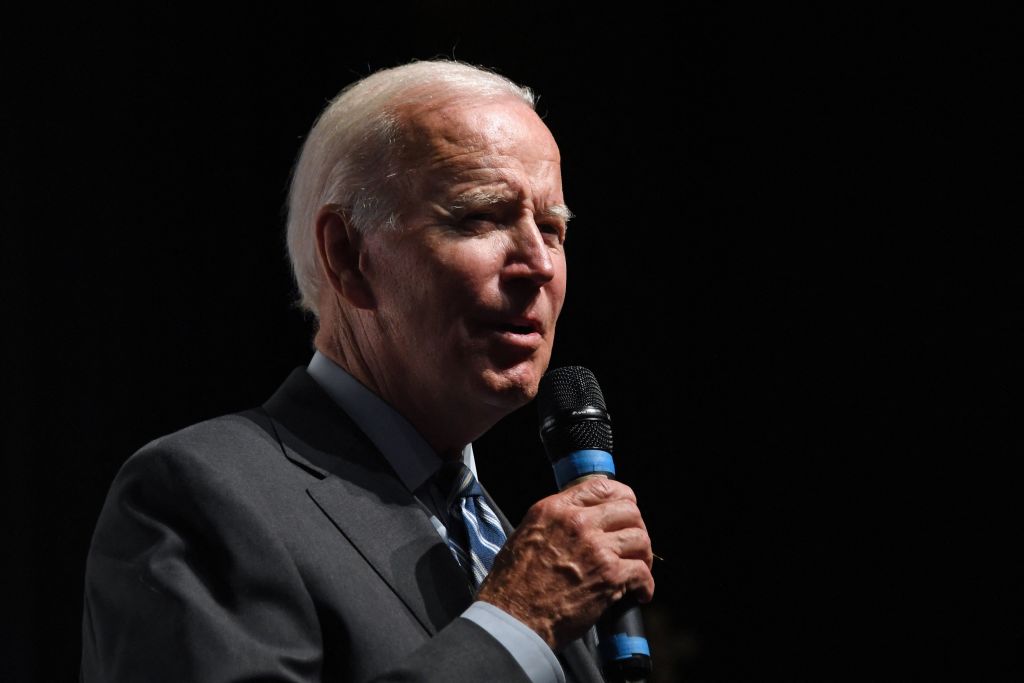
(WASHINGTON) — The Justice Department on Friday made public the redacted affidavit that supported the search of former President Donald Trump’s Mar-a-Lago estate in Florida.
After reviewing the DOJ’s proposed redactions Thursday, a magistrate judge had ordered the redacted affidavit filed in the public docket by noon Friday.
A coalition of news organizations, including ABC News, had argued that the release was in the public interest.
The FBI special agent tasked with writing the affidavit supporting the search of Mar-a-Lago writes that as a result of their ongoing criminal investigation they had “probable cause to believe that additional documents that contain classified [National Defense Information] or that are Presidential records subject to record retention requirements currently remain at [Mar a Lago].”
“There is also probable cause to believe that evidence of obstruction will be found at [Mar a Lago],” the affidavit continues.
The redacted affidavit is a total of 32 pages with an attachment, including a May 25 letter signed by former President Trump’s lawyer Evan Corcoran outlining what is described as Trump’s authorities regarding presidential records.
The unredacted portions of the affidavit put on display the timeline of the Justice Department’s investigation leading up to their unprecedented move to search the residence of a former president.
It was kicked off, according to the affidavit, after a special agent for the National Archives’ inspector general sent a criminal referral to DOJ revealing that the 15 boxes handed over by Trump’s team in January revealed “highly classified records” intermingled with otherwise innocuous documents.
The affidavit goes on to outline further interactions between NARA and Trump’s team to secure the return of records that were improperly taken from the White House.
Between May 16-18, the affidavit says, an FBI review revealed that in those 15 boxes handed over in January 2021 there were 184 total documents bearing the following classifications:
67 documents marked as CONFIDENTIAL92 documents marked as SECRET25 documents marked as TOP SECRET
“Further,” the affidavit continues, “the FBI agents observed markings reflecting the following compartments/dissemination controls: HCS, FISA, ORCON, NOFORN, and SI. Based on my training and experience, I know that documents classified at these levels typically contain [National Defense Information]. Several of the documents also contained what appears to be FPOTUS ‘s handwritten notes.”
The affidavit then details communications between DOJ and one of Trump’s top lawyers, Evan Corcoran, in May 2021, in which Corcoran claimed Trump had the “absolute authority to declassify documents” and that the letter be provided to any grand jury investigating the matter.
The filing then further references a public Breitbart article from May 5 featuring an interview with former top Trump aide Kash Patel, who sought to rebut claims Trump took classified materials to Mar-a-Lago because he claimed Trump had declassified the docs en masse. There’s no evidence this happened, however, and Trump’s team has produced no such documentation proving as much.
Later in the affidavit, DOJ details a letter from one off its lawyers to Corcoran that “reiterated” Mar-a-Lago was not authorized to store classified information and requested the room docs were stored in to be further secured and the docs “be preserved in that room in their current condition until further notice.” There is no mention in this section of DOJ instructing the president’s team to simply add a lock to the room, though that is what Trump’s legal team has claimed repeatedly — this is a direct request from DOJ that the documents not be moved from the room.
An unredacted header later reads, “There is Probable Cause to Believe That Documents Containing Classified NDI and Presidential Records Remain at the Premises.”
And following several pages of redacted lines, the affidavit agent concludes that, “Based upon this investigation, I believe that the STORAGE ROOM, FPOTUS’s residential suite, Pine Hall, the “45 Office,” and other spaces within the PREMISES are not currently authorized locations for the storage of classified information or NDI. Similarly, based upon this investigation, I do not believe that any spaces within the PREMISES have been authorized for the storage of classified information at least since the end of FPOTUS ‘s Presidential Administration on January 20, 2021.”
“As described above, evidence of the SUBJECT OFFENSES has been stored in multiple locations at the PREMISES,” the affidavit says.
In their original request for sealing the affidavit, the agent states that keeping it sealed was necessary because the FBI had still “not yet identified all potential criminal confederates nor located all evidence related to its investigation.”
“Premature disclosure of the contents of this affidavit and related documents may have a significant and negative impact on the continuing investigation and may severely jeopardize its effectiveness by allowing criminal parties an opportunity to flee, destroy evidence (stored electronically and otherwise), change patterns of behavior, and notify criminal confederates,” the affidavit states.
The affidavit also outlines the procedures agents would use in executing the search, that a Privilege Review Team separate from the ‘Case Team’ would search Trump’s personal office and “be available to assist in the event that a procedure involving potentially attorney-client privileged information is required.”
“If the Privilege Review Team determines the documents or data are not potentially attorney-client privileged, they will be provided to the law-enforcement personnel assigned to the investigation,” the affidavit says. “If at any point the law-enforcement personnel assigned to the investigation subsequently identify any data or documents that they consider may be potentially attorney-client privileged, they will cease the review of such identified data or documents and refer the materials to the Privilege Review Team for further review by the Privilege Review Team.”
ABC News’ Will Steakin and Luke Barr contributed to this report.
This is a developing story. Please check back for updates.
Copyright © 2022, ABC Audio. All rights reserved.








